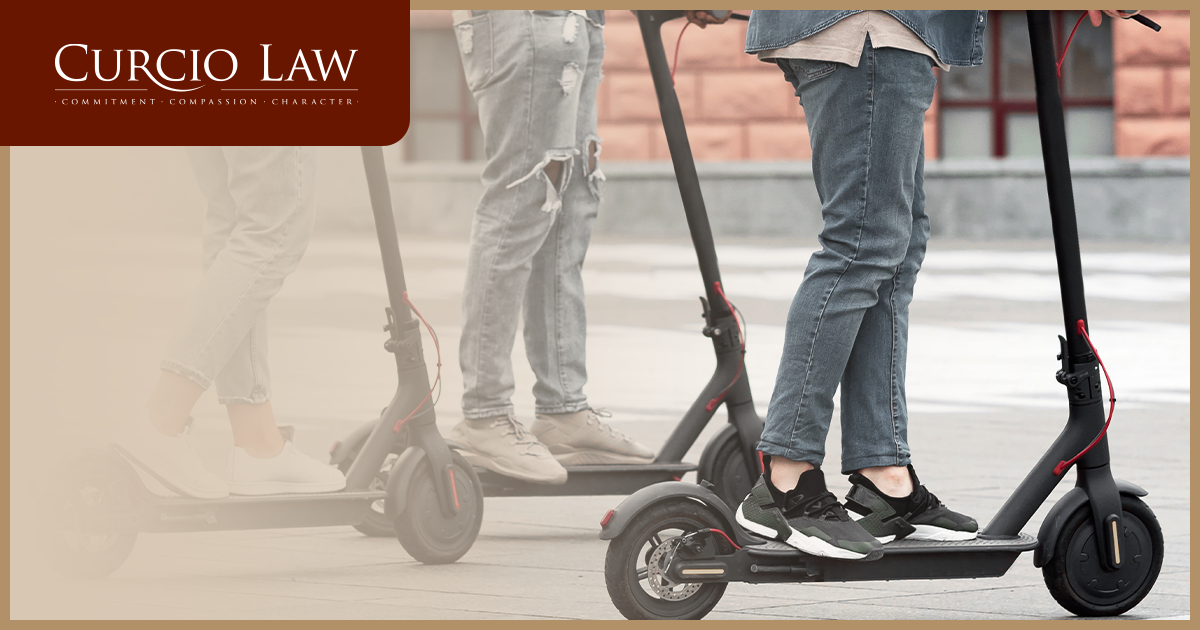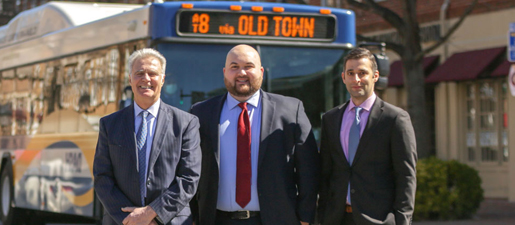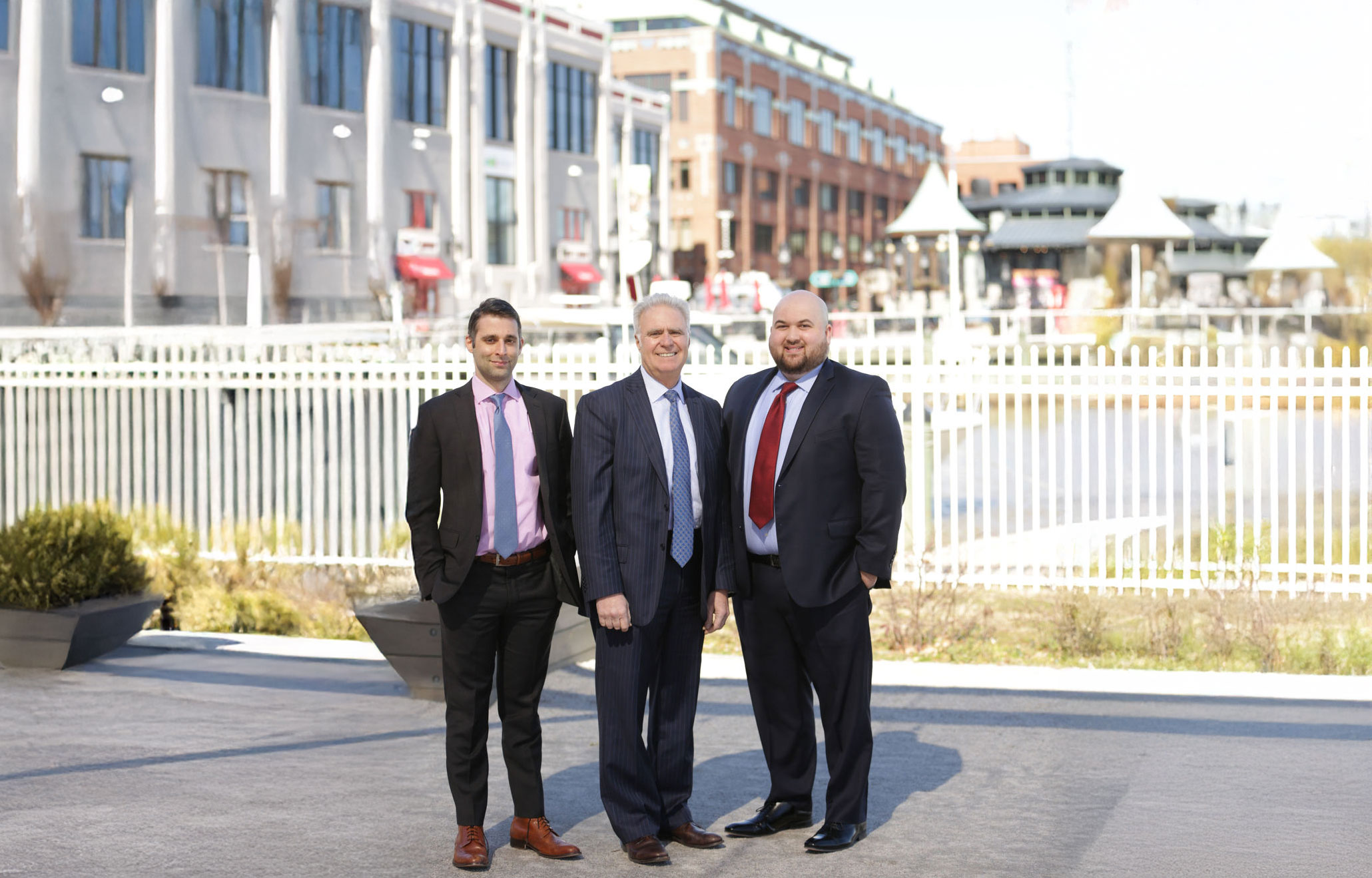
Washington, D.C. has seen a surge in bicycles, e-bikes, and scooters on its streets and sidewalks. While these options are popular for getting around the city, they also bring more chances of collisions with pedestrians. Being struck can leave you shocked, injured, and unsure what to do next.
At the Scene of the Accident
Just like drivers, cyclists and scooter riders have a duty to remain at the scene if they’re involved in a crash.
If the rider does stop and you have been injured:
- Call 911 right away. Even if injuries seem minor, get medical help and request a police officer to document the crash.
- Exchange information. Get the rider’s name, address, phone number, and, if possible, any insurance information.
- Document the scene. Take photos of your injuries, the bicycle or scooter, and the location. Ask any witnesses for contact information. Look for cameras—surveillance footage, traffic cameras, or even nearby doorbell cameras may have captured the collision.
- Seek medical treatment. Some injuries, especially concussions or soft tissue damage, may not show up immediately.
Unfortunately, not all cyclists or scooter riders stop after a crash. If the rider leaves and you have sustained injuries you should still complete all the steps above (minus exchanging info). It’s still important to make a police report to support any future claims. Even if the rider is not found, victims may still have options for recovery through insurance.
Insurance Coverage and Recovery Options
Unlike cars, bicycles and scooters are not required to carry liability insurance in D.C. This can make recovery more complicated but not impossible. Possible sources of compensation include:
- Homeowners or Renters Insurance – If the bicyclist or scooter rider is identified, their personal insurance policies may provide coverage, depending on the circumstances.
- D.C. Uninsured Motorist Fund – Under D.C. Code § 31-2408.01, victims of crashes with uninsured or unidentified parties can apply to the District’s UM Fund. To qualify, the incident must be reported within 45 days, and a claim must be filed within 180 days. This fund can provide coverage for medical expenses, lost wages, and other losses when no other insurance applies.
Determining Fault in D.C.
D.C. is normally a contributory negligence jurisdiction meaning if you’re even 1% at fault for an accident, you could be barred from recovery. Contributory negligence is a strict and unjust law that can lead to pedestrians being barred from recovery. Common defenses such as the pedestrian looking at their phone, or not making eye contact with a driver, can be used to argue that the pedestrian is 1% at fault and barred from making a claim. In D.C., there is an exception to contributory negligence for pedestrians. Pursuant to the Vulnerable User Collision Recovery Amendment Act of 2016 (D.C. Code § 50–2204.52) vulnerable road users can still recover damages as long as they’re less than 50% at fault.
So, in plain language, if a pedestrian is hit in D.C. by a cyclist or scooter, they can recover compensation even if they share some responsibility—as long as they weren’t mostly at fault. An example of this may be wearing ear buds and not hearing a bell or warning prior to the accident.
Final Takeaway
This may feel like a lot of information but you don’t need to go through it alone. At Curcio Law, we understand that being struck by a bicycle or scooter is more than just a legal matter it’s a disruption to your daily life. Our team knows how to investigate these unique cases, gather critical evidence, coordinate with law enforcement, and navigate complex insurance claims or fund applications on your behalf. When you are injured, your focus should be on recovery and healing. Let us handle the rest.

